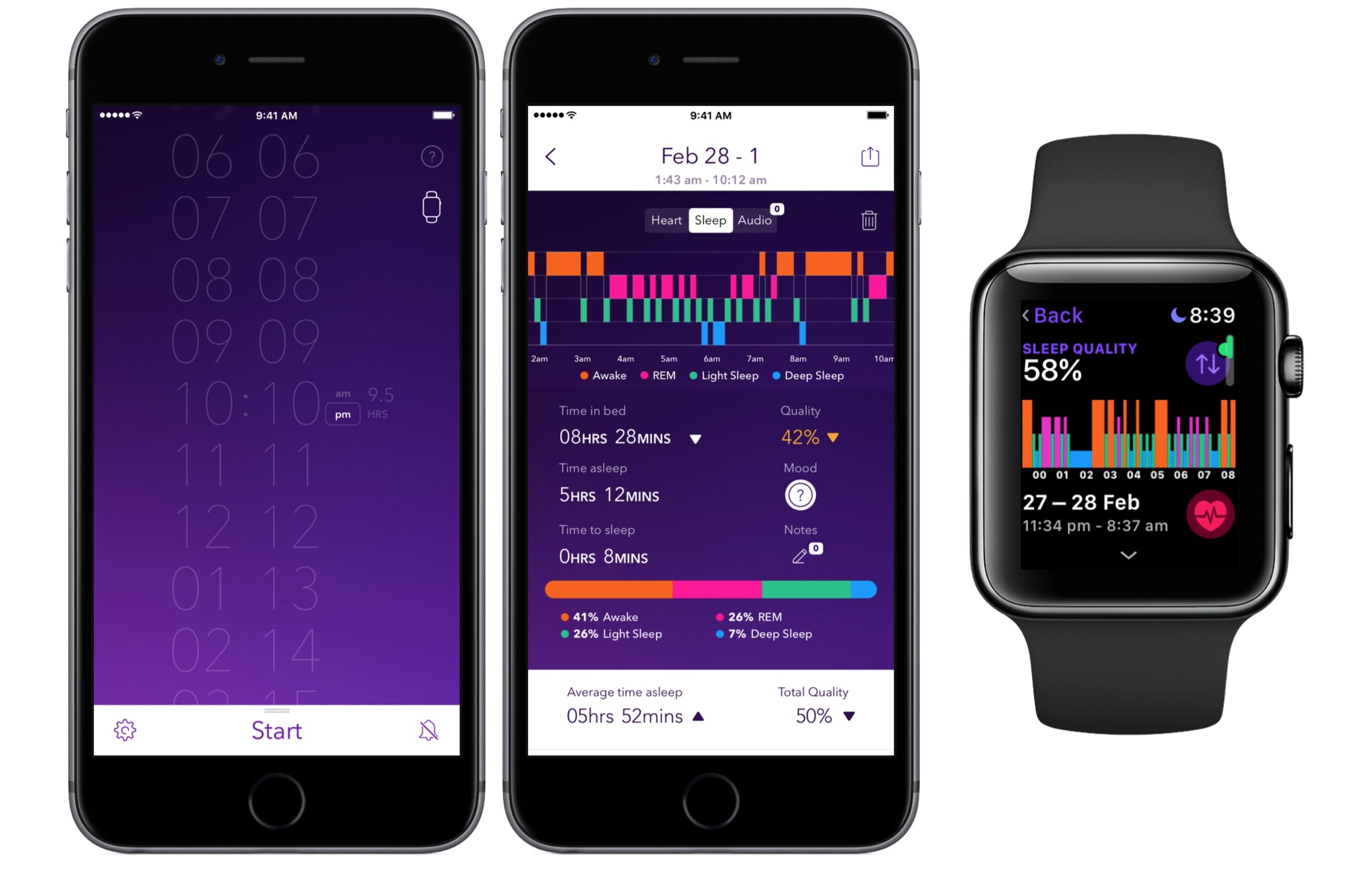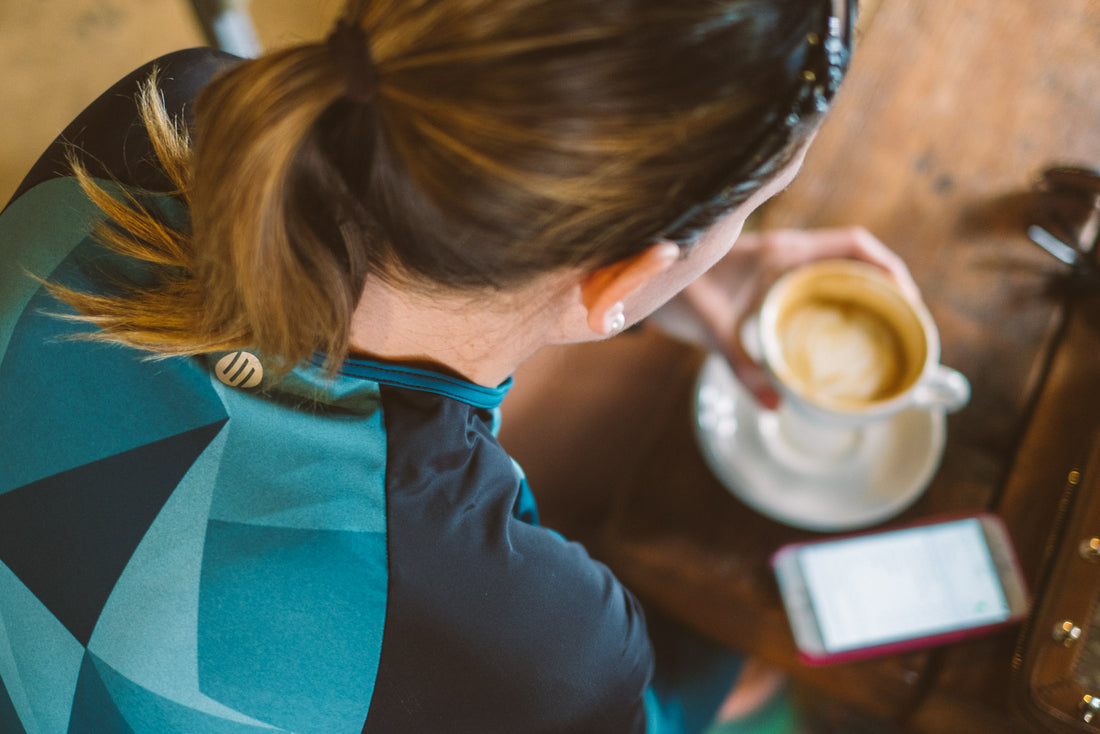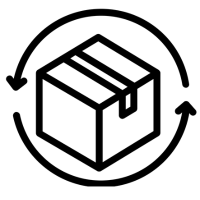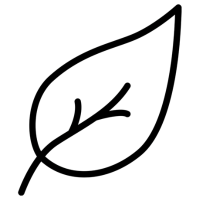Let’s be honest, we triathletes love statistics. Cadence, laps, power and PR’s... But what if we could analyze and learn as much on the quality of our sleep and recovery?
Smart watches, physical activity monitors and apps… today a host of products have the ability to offer us varied information about our sleep patterns and quality. No matter which tool you choose, all of them evaluate the quality of our sleep (more or less) in the same way: by the study of the movement. In short, the less we move, the better we sleep.
Always more precise…up until a certain point
"Technology has advanced and refined quite a bit in the last few years," says Dr. François Bieuzen, Dr in Sleep Exercise Physiology at l’Institut national du sport du Québec - and perhaps popular technology will move closer to professional medical products within the next five years - but today these tools give okay results for those who sleep normally." As such, if we sleep well, this will be confirmed. For the rest of us, the results are more mixed.
"The interpretation of movements is based on basic algorithms, and as soon as we fall into a more "advanced" (or deep) sleep deserving enhanced analysis, watches do not provide fair results, often underestimating sleep", adds Dr. Bieuzen. This may actually have the opposite effect of stressing those of us afraid of not sleeping enough! And we know too well the harmful effect of such a state of mind on sleep quality..."The anxiety of not sleeping well negatively affects our sleep," summarizes the Physiologist.
It can nonetheless be interesting to compare sleep quality over time. Even an average based on underestimations can tell you a lot. If we sleep on average 7 hours per night, without much wakefulness and we suddenly start waking up non-stop, we can ask ourselves what’s going on?
Watch or Apps?
Smart watches have the advantage of being worn, which can make studying our movements easier. They also reduce the temptation of scrolling social media feeds in bed (also harmful to your sleep!), compared to smart phones, which require being placed near you in your bed at night in order to measure your movements.
If you already have a training watch, there is no point in getting another smart watch for this purpose alone. An application can very well do the job to feed our curiosity and equip us in the development of somewhat better sleeping habits.
Which Apps to choose? Here are 2 that have proven themselves:
Developed by neuroscientists and used by NASA…this is serious! The most trusted App to measure both sleep quantity and quality.

This Apps mission: facilitate falling asleep, improve sleep quality and make mornings easier by helping you wake up refreshed. If you are visual, you will love the abundance of impressive statistics and graphs. Bonus: can sync to your Apple watch.

Other articles in our sleep series:




